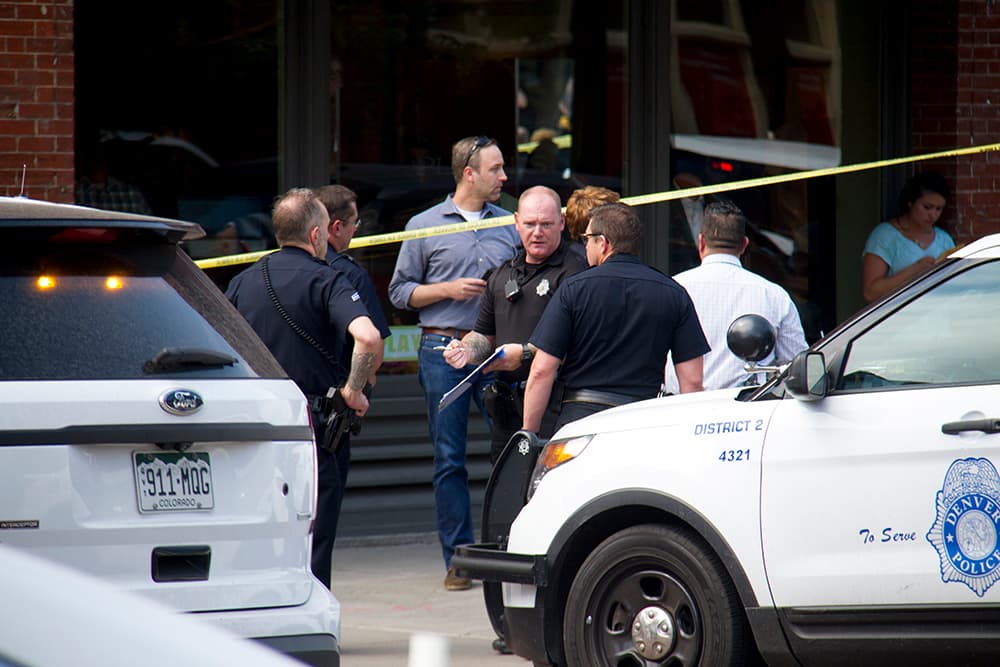
DENVER (AP) — Colorado officials say homicides increased by nearly 15 percent statewide last year while rapes increased by almost 11 percent.
The Colorado Bureau of Investigation's annual crime report released Tuesday said overall reported crimes rose more than 6 percent in 2015 compared with 2014.
The report is based on statistics from 245 law-enforcement agencies statewide. It didn't speculate on the reasons behind any of the trends.
The agency said 172 homicides were reported last year, up from 150 in 2014. It said 72 percent of the victims were males while 77 percent of the offenders were males.
A total of 3,275 rapes were reported last year, compared with 2,961 in 2014.
Robberies rose nearly 10 percent and motor vehicle thefts rose about 28 percent. Burglaries were up about 1 percent.











